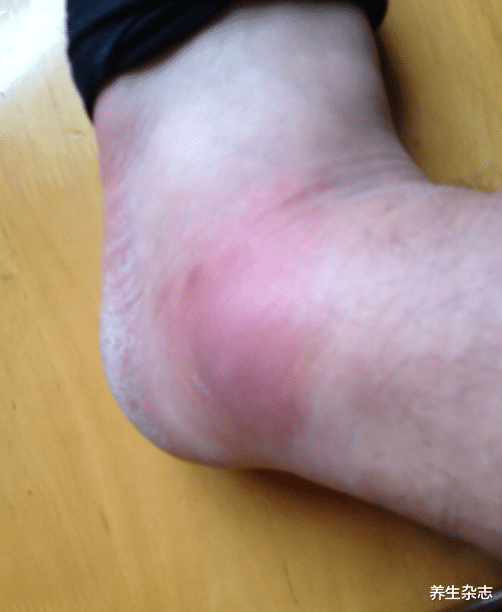Purine is a metabolite within the body that ultimately forms uric acid through conversion. If uric acid levels remain high, there may be risks of gout, stones, and even kidney failure.
It is well known that seafood is known as the “purine powerhouse” mainly because most seafood is a high purine food. Regular consumption can lead to increased uric acid synthesis and cause hyperuricemia.
In daily life, not all individuals with high uric acid levels have a liking for seafood, yet uric acid levels continue to rise, primarily due to dietary habits.
Case: Mr. Wang, 34 years old, was diagnosed with hyperuricemia during a pre-marriage checkup. The doctor advised him to reduce seafood consumption.
Coincidentally, Mr. Wang is allergic to seafood, so he doesn’t have to control himself.
However, last month, after a dinner gathering with friends, Mr. Wang experienced another gout attack upon returning home. This time, in addition to ankle pain, his waist was unusually painful.
Even after taking painkillers, the pain did not subside. Persuaded by his wife, Mr. Wang went to the hospital for an examination, and the results showed a uric acid level of 870, indicating signs of kidney failure.
Why does Mr. Wang have continuously rising uric acid levels despite not consuming seafood? After understanding the situation, the doctor found the reason.
The natural “Purine King” was pinpointed, which turned out not to be seafood. The family was advised not to eat “1 vegetarian dish” for free.
It turns out that Mr. Wang likes to pickle some salty vegetables himself.
Notably, the pickling of salty vegetables requires a large amount of salt, which in the process generates a considerable amount of nitrite.
This substance can increase the burden on kidney metabolism, decrease uric acid excretion, leading to continuously elevated uric acid levels, potentially causing kidney damage over time. It is recommended that those who regularly pickle vegetables limit the pickling to no more than 2 days or consume vegetables pickled for over 20 days to reduce the nitrite content and avoid increasing kidney pressure.
Additionally, there are 2 types of vegetables to stay away from:
1. Fungus Vegetables
Fungus vegetables are delicious whether hot-pot or stewed.
However, taking mushrooms as an example, every 100g contains an average of 214.5mg of purine, making them high purine foods that can increase blood uric acid concentrations if consumed frequently. Similarly, mushrooms like shiitake, enoki, and button mushrooms are mostly medium purine foods, so their consumption should be minimized.
2. Spinach
Individuals with high uric acid levels should also restrict their intake of spinach.
Although spinach contains relatively low purine, it contains oxalic acid, which can combine with calcium to form calcium oxalate, exacerbating conditions like stone formation. People with gout or kidney stones should consume spinach sparingly.
If two abnormalities occur in the body, get checked early:
1. Joint Pain
Uric acid accumulation can produce urate crystals that precipitate in joints or cartilage, causing localized inflammatory reactions, known as gout. Joint pain, swelling, and warmth are the main features of gout.
2. Kidney Damage
Excessive uric acid may also deposit in the kidneys, leading to kidney stones, renal colic, and other issues. At this point, patients may experience lower back pain, blood in the urine, protein in the urine, urinary obstruction, dark urine, abnormal urinary frequency, and other symptoms.
Do two more things to control uric acid:
1. Nutrient Supplementation
2. Adequate Hydration
This is a powerful measure to control uric acid levels. The primary excretion pathway of uric acid is through urine, and staying well-hydrated increases urine volume, thus enhancing uric acid elimination, aiding in controlling uric acid levels, and preventing conditions like gout or kidney stones. It is recommended that individuals with high uric acid intake a minimum of 2000ml of water daily.


